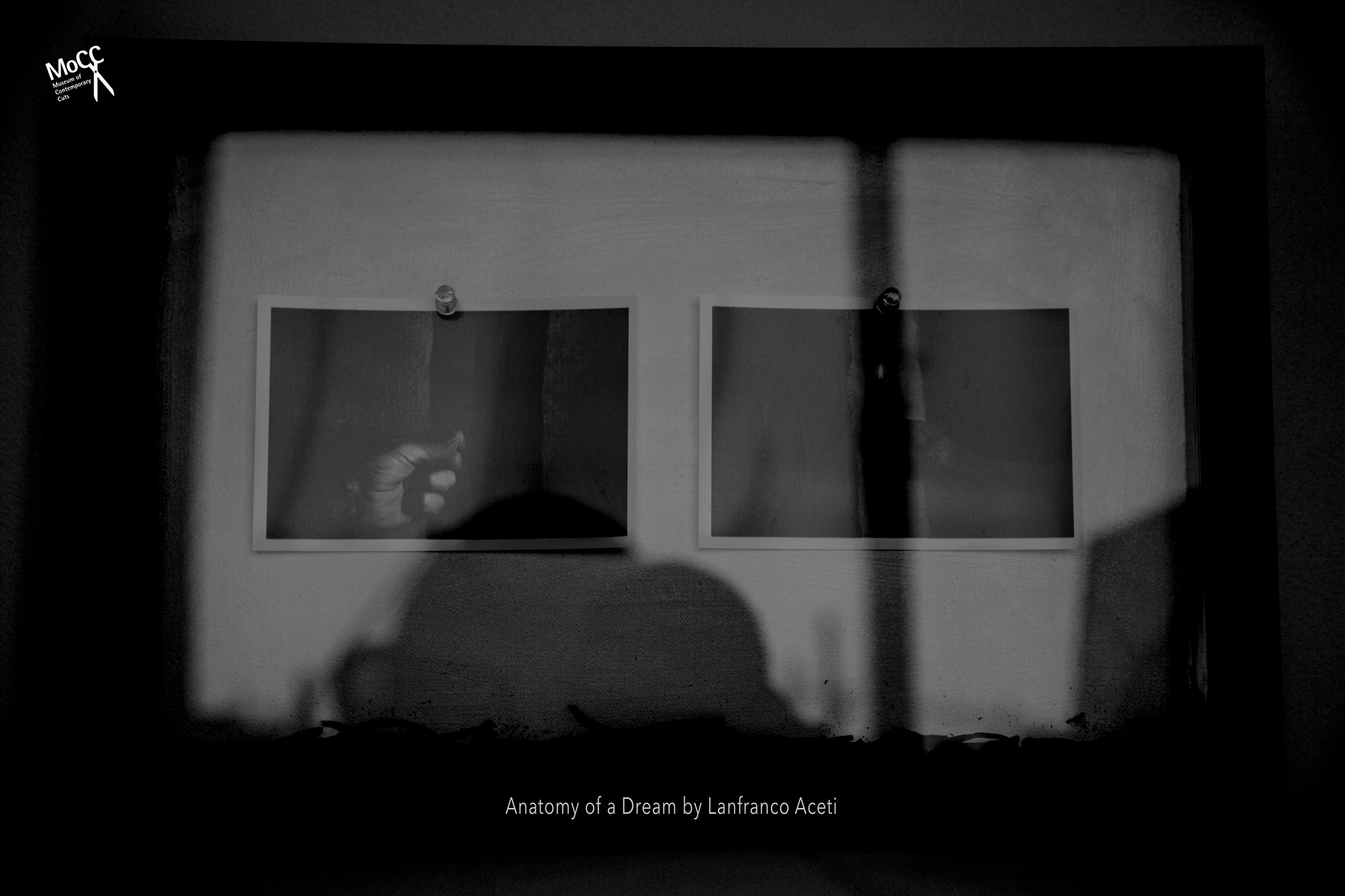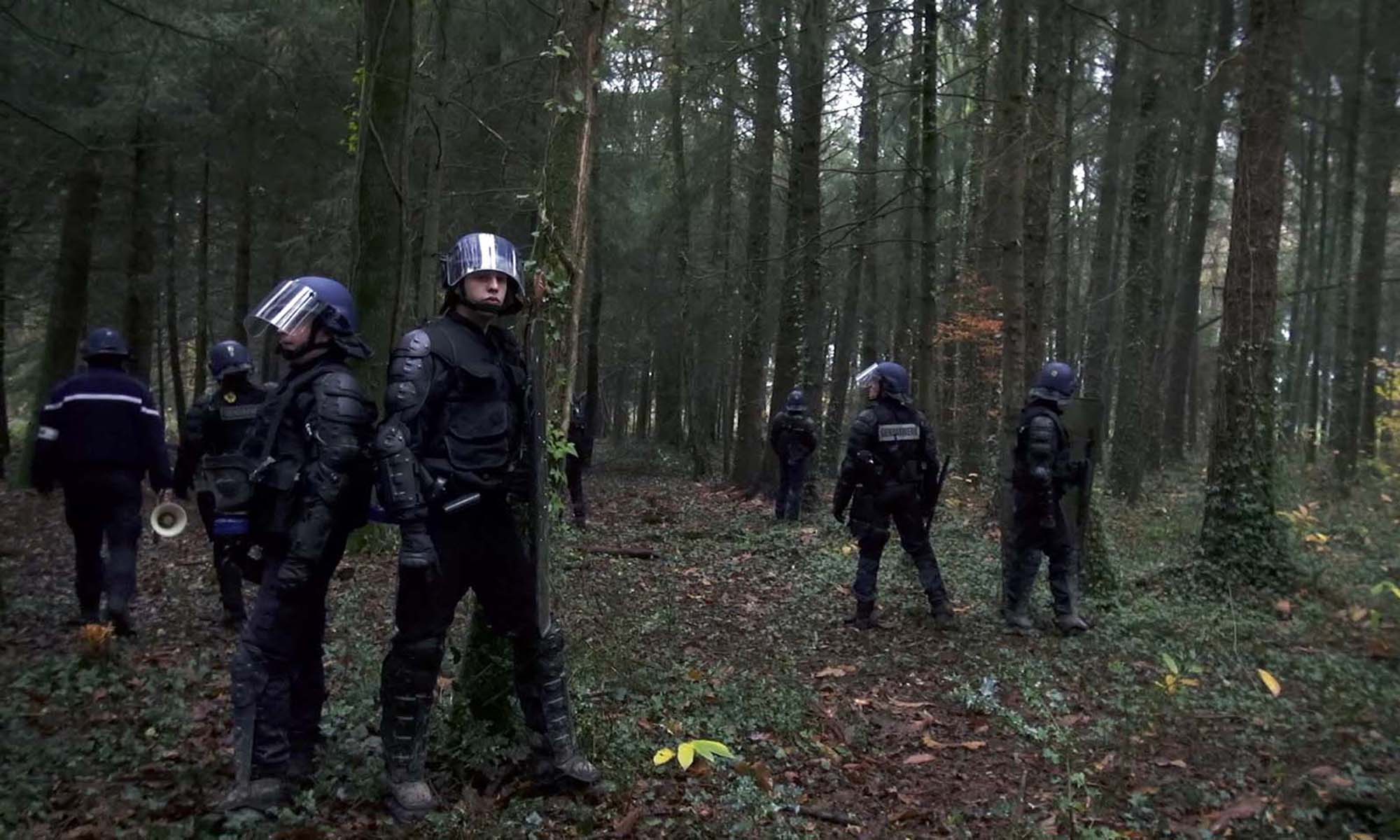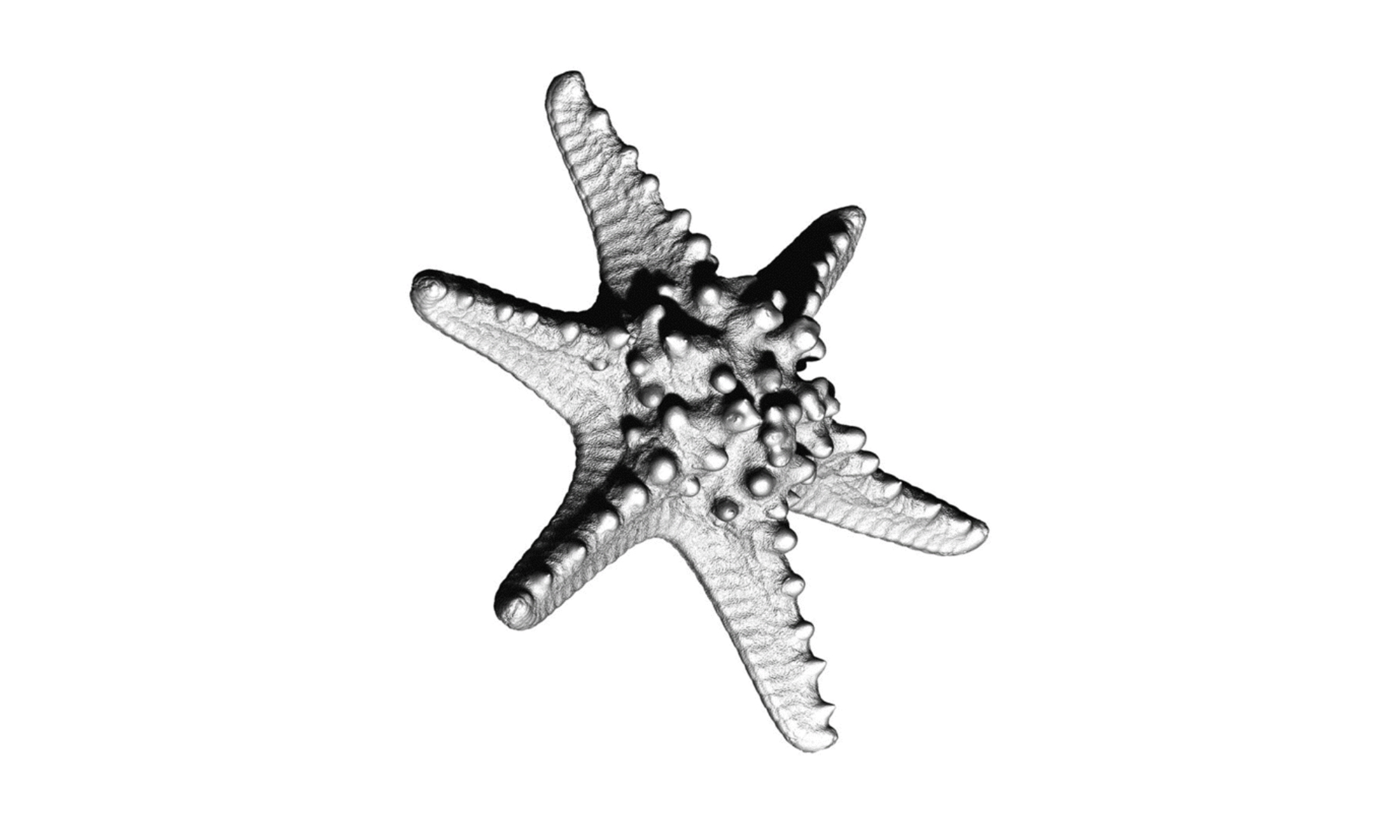SOCIAL – IST is the title of the new exhibition by the Museum of Contemporary Cuts with artworks by international artist Murat Germen. The exhibition examines the remnants of the social protests of Gezi Park in Istanbul and analyzes questions emerging from the current socio-political developments in Turkey as a reflection of wider international trends. Have the social protests altered the political panorama, creating a stronger democratic consciousness, or do they represent the last stand of secular cosmopolitan Istanbul against the sweeping of conservative and religious politics? Are these the last throes of secular societies – defined not by the demarcation of space for the creation of tribes and enclaves but as a process of public ‘living together’ which stood against religious conservatisms and fanaticism?
The EU and the West in general, in name of an ideological and inclusive representation of society, failed to understand – or wanted to fail to understand – that empowering tyrannical religious governments and culturally divisive structures of society disguised with the word ‘tolerance’ but hiding nefarious ideologies of oppression and exploitation would only generate multiple cultural ghettoes and intra-factions tensions. Germen’s work provides a record of the transformations and traumas that characterize Istanbul’s recent past by re-interpreting in a post-postmodern context the clashes and hypocrisies – physical, environmental and ideological – of a political society planting within the landscape the seeds of its successes and failures.
The images become a record of the hopes – dashed and not – of the city of Istanbul, which finds itself mirroring the contradictions of Europe and the world, while being lead – in the name of a return to ancient fanaticisms – to a contemporary fascism which does not spell out neo-Ottoman grandeur but a contemporary version of old follies. The aggrandizing of a state is the reflection of the self-aggrandizing of a leader who, beyond the appearance of a stripped down shell of democracy, seeks post-democratic formulae for the marketing of an appearance of legality while enforcing illegality as common currency. This has become a widespread formula in the West that has been quickly adopted in the East and then reincorporated into the West once again, in constant variants ad peiora and hyperreal hyperboles used to prolong the comatose status of failing democracies while at the same time stocking the anger of the disenfranchised.
It is in this new framework that people no longer have importance. Disposable post-citizens, they can be dismissed, impoverished, forced to emigrate, dispossessed, arrested, tortured or eliminated. Their existence is nothing to the post-democratic regimes of the East and West alike. The accurate elimination of democracy, and the preservation of its name only to be bandied about whenever necessary as an old rag, corresponds to the de facto elimination of THE SOCIAL, leaving both people and spaces as invisible monuments to testify to the suffering of those who are rendered invisible.
The title of the exhibition is a crasis, a combination of the words SOCIAL and ISTANBUL, and is imagined as a record, a registering of events, a transcribing of a crisis, to generate an understanding of the recent past and perhaps a cloudy vision of an imminent future from which THE SOCIAL appears to be altogether excluded with two other words: state and citizen.
Proclivior usus in peiora datur.
Senior curator: Lanfranco Aceti. Curator: Jonathan Munro. Assistant Curator: Sarah E Bradshaw.
1 September 2016 to 1 October 2016
Museum of Contemporary Cuts: http:/www.museumofcontemporarycuts.org/
Image: Murat Germen, Taksim Gezi Resistance, 12th Day, 2013. Istanbul.
Follow the Museum of Contemporary Cuts
Web: https://museumofcontemporarycuts.org/exhibitions/social-ist/
Facebook: https://www.facebook.com/MuseumOfContemporaryCuts
Twitter: https://twitter.com/MoCC_2012
You can follow developments for Lanfranco Aceti Inc., OCR and the Museum of Contemporary Cuts (MoCC) via the newsletter.




